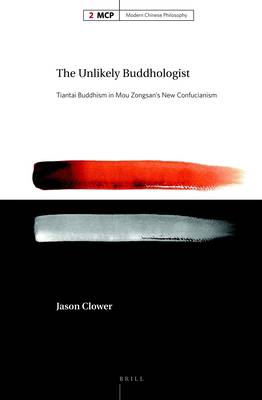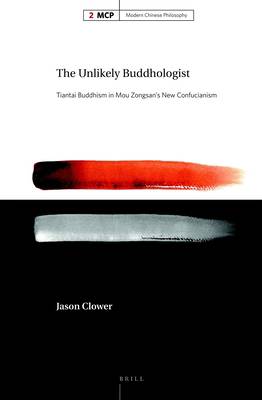
- Afhalen na 1 uur in een winkel met voorraad
- Gratis thuislevering in België vanaf € 30
- Ruim aanbod met 7 miljoen producten
- Afhalen na 1 uur in een winkel met voorraad
- Gratis thuislevering in België vanaf € 30
- Ruim aanbod met 7 miljoen producten
Zoeken
€ 251,95
+ 503 punten
Omschrijving
Mou Zongsan (1909-1995) was such a seminal, polymathic figure that scholars of Asian philosophy and religion will be absorbing his influence for at least a generation. Drawing on expertise in Confucian, Buddhist, Daoist, and modern Western thought, Mou built a system of "New Confucian" philosophy aimed at answering one of the great questions: "What is the relationship between value and being?" However, though Mou acknowledged that he derived his key concepts from Tiantai Buddhist philosophy, it remains unclear exactly how and why he did so. In response, this book investigates Mou's buddhological writings in the context of his larger corpus and explains how and why he incorporated Buddhist ideas selectively into his system. Written extremely accessible, it provides a comprehensive unpacking of Mou's ideas about Buddhism, Confucianism, and metaphysics with the precision needed to make them available for critical appraisal.
Specificaties
Betrokkenen
- Auteur(s):
- Uitgeverij:
Inhoud
- Aantal bladzijden:
- 296
- Taal:
- Engels
- Reeks:
- Reeksnummer:
- nr. 2
Eigenschappen
- Productcode (EAN):
- 9789004177376
- Verschijningsdatum:
- 14/07/2010
- Uitvoering:
- Hardcover
- Formaat:
- Genaaid
- Afmetingen:
- 165 mm x 241 mm
- Gewicht:
- 539 g

Alleen bij Standaard Boekhandel
+ 503 punten op je klantenkaart van Standaard Boekhandel
Beoordelingen
We publiceren alleen reviews die voldoen aan de voorwaarden voor reviews. Bekijk onze voorwaarden voor reviews.








